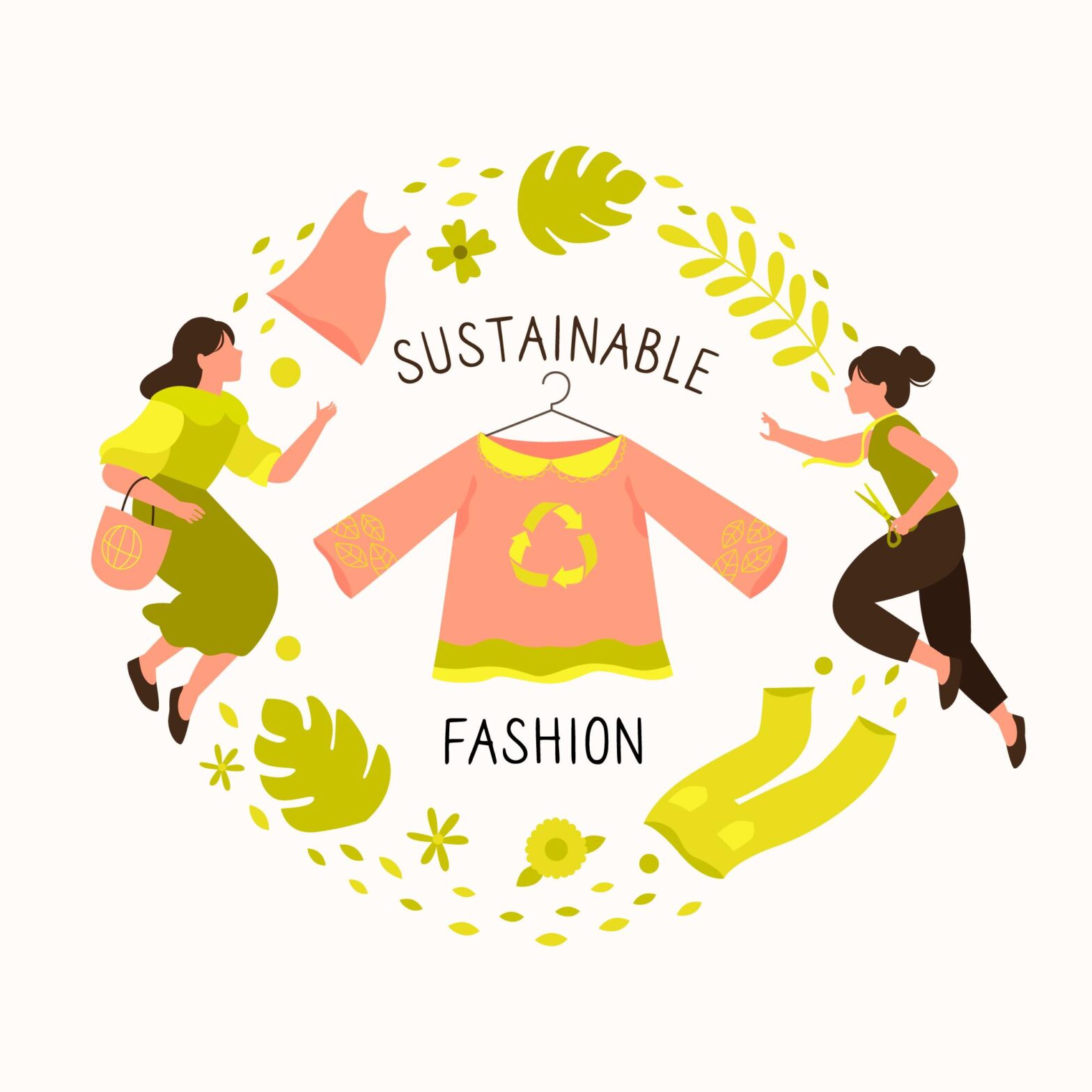There is a much-needed sustainability revolution happening in fashion. Environmentally conscious clothing labels are becoming a thing, as consumers grow increasingly conscious of the environmental and ethical cost of fast fashion. These are the forward-thinking brands that are shaping the trajectory of style, proving that fashion can be both beautiful and ethical.
What Does “Sustainable Fashion” Mean?
The notion of sustainable fashion refers to clothes that are made, marketed, and used in the most sustainable manner possible, taking into account both environmental and human welfare factors. That includes the sustainable sourcing of material, fair labour practices, low-impact production, and purchase and recycling or upcycling.
Fast fashion is based on mass production, high turnover and low cost, while sustainable brands value quality over quantity. Its purpose is to aid in the reduction of waste, the prevention of pollution and the fair treatment of workers throughout the supply chain.
Popular Materials Used by Eco-Friendly Brands
It all starts with materials when it comes to sustainable fashion. Instead of using synthetic fibres derived from petroleum, sustainable brands use:
● Organic cotton: Avoids harmful pesticides or fertilisers.
● Hemp & linen: They require little water and are naturally pest-resistant.
● Tencel (Lyocell) —derived from sustainably sourced wood pulp using closed-loop processing.
● Recycled polyester: Lessens plastic waste and energy use.
● Bamboo viscose: Fast growing and biodegradable (when done sustainably).
These materials are not only more environmentally sustainable but are also often softer and more durable than their conventional counterparts.
Why Support Sustainable Fashion?
Fast fashion is one of the most polluting industries in the world, which adds to landfills, carbon emissions and unethical working conditions. Consumers can help by supporting sustainable clothing brands:
● Reduce environmental damage
● Advocate for fair wages and safe working conditions
● Matters of plastic and cloth: promote lasting quality over fast fashion
● Turn on the demand for ethical practices in the industry
Every purchase becomes a deliberate decision — one that supports gentler planet policies and better working conditions.
The Future of Sustainable Fashion
With continued innovation and a growing global consciousness around environmental impact, the future of fashion is looking greener than ever before. Forward-thinking designers and manufacturers are embracing cutting-edge technologies to reduce waste, minimise carbon footprints, and create more responsible production cycles. Biodegradable fabrics, crafted from natural fibres like hemp, bamboo, and even banana leaves, are offering stylish yet earth-friendly alternatives to synthetic materials that take centuries to decompose. Meanwhile, 3d knitting technology is revolutionising garment creation by allowing for precision manufacturing that eliminates excess fabric waste, while also enabling on-demand production to reduce overstock and unnecessary inventory.

